All your life, you have been learning.
You know how to do an amazing array of things – some you won’t have thought about for years! (But that knowledge is till there, just waiting to be needed again ….)
You take your brain – and how it learns – for granted.
BIG MISTAKE! (Especially if you’re over 50.)
Why?
Because the plasticity of your brain strengthens when you learn something new.
What is plasticity again?
Imagine picking up the cello for your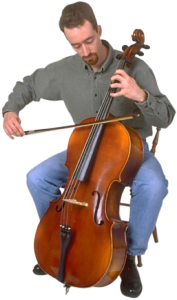 first lesson.
first lesson.
Your brain has a lot to do!
- First up, there are your sensory functions – what you can see, hear, and feel.
- You will be thinking – using your cognitive functions
- Your motor skills will be tested too – how you move your fingers and hands.
- You’ll learn a new language – how music is written.
- You’ll translate the new language into a sequence of movements.
- Now the hearing part of your brain will listen to the sounds you are making.
- Your brain stores the precise timing and co-ordination of movements needed.
- You’ll develop the ‘shortcuts’ needed to memorise long and increasingly complex musical scores.
This sequence is what neuroplasticity is all about.
When you first picked up the cello, it felt unfamiliar, awkward and clumsy. You would certainly make mistakes.
But with repetitive practice, the neural pathways in the brain devoted to your finger movements start firing together over and over in the same pattern as you finger the strings.
Those scales may seem repetitive and monotonous, but specific brain circuits are working hard to carry the sequences with ease.
This is how you learn.
The point to point connections between two neurons (the synapses) become more numerous and stronger the more you practise.
Science Note:
Research shows that a lifetime of learning a cello, violin or any other intensive learning reorganises the brain. Stringed instrument playing has been studied by neuroscientists because they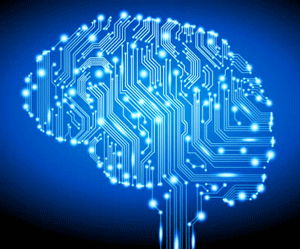 can see how two hands, with entirely different tasks, affect brain organisation. Because the left hand must be supple and move quickly and independently, while the right hand mostly just holds the bow, the right side of the brain (which controls that busy left hand) is mapped quite differently from the left side.
can see how two hands, with entirely different tasks, affect brain organisation. Because the left hand must be supple and move quickly and independently, while the right hand mostly just holds the bow, the right side of the brain (which controls that busy left hand) is mapped quite differently from the left side.
The musician’s auditory cortex, the hearing part of brain, would also be well developed after a lifetime of differentiating between sounds and musical notes.
Interestingly, as professional musicians age their brains are slightly less susceptible to age-related changes to the brain.

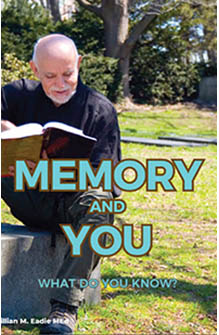
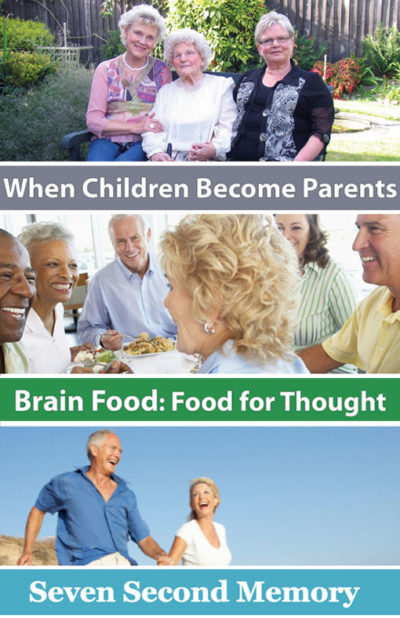
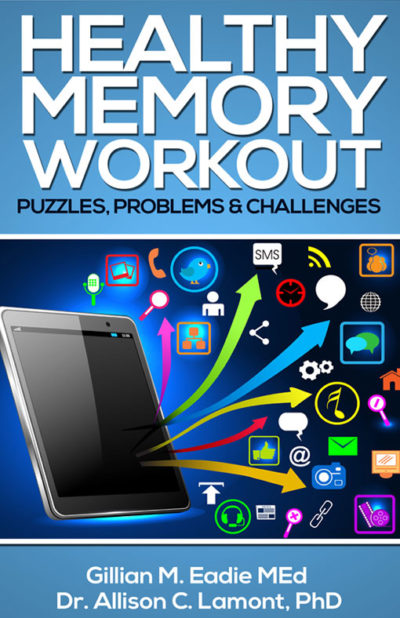
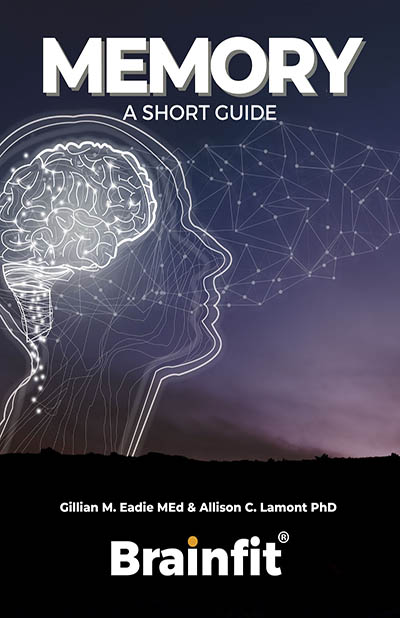
Thanks – a list of other new things to have a go at would be great – I had thought I might have a go at bridge.???
Bridge will be an excellent brain challenge! I have just started taking lessons myself and I understand now why it takes a long time to become an expert! There are so many activities that stimulate your brain (anything that pushes your brain to go further than usual) and here are a few of my suggestions: jigsaws (try them online), golf, singing in a choir, needlework, writing your memoirs, volunteering, taking and editing digital photos, Sudoku, Code crackers, cryptic crosswords, regular crosswords if you haven’t done them for a while. Any others??
Perhaps you can add to the list?
Walking in nature and concentrating on noticing your surroundings as you go.
Noticing your surroundings is such an uplifting experience, especially when you are in natural surroundings. Finding something lovely wherever you are!
Tap dancing although I no longer do it having moved from one town to a new town. In 1969 I joined an adult class in Wellington and sat an exam and gained Honours (to my surprise). The adjudicator came from England. I am 88 in 6 weeks and rejoined my singing group after caring for my husband who recently passed away. Thank you Gillian for being such an inspiration.
I love the idea of tap dancing! I used to do this when a teenager (and what fun it was!) and I really think it would be just as enjoyable as an older adult. Singing is probably less strenuous ( ha, ha) but your feet will always tap along with a melody and the brain connections will be activated as you imagine the steps while doing this. Thank you for your encouragement, Pauline. I really appreciate your comments.
I have often wondered if typing is beneficial for the brain.!! Not so much the one finger type but touch typing where each finger determines a letter on the keyboard.
“Repetitive practice, the neural pathways devoted to finger movements” (as stated above) might suggest that, for instance, do you think!!
Absolutely, Mary. And muscle memory is called into action as well as those strongly-encoded finger-key actions that create the neural pathways. Musicians also have this wonderful ability. Just as your fingers recall how to type out a message, many years later, so musicians can play a melody from maybe 40 years ago. Glen Campbell demonstrated this so poignantly during his final tour. Although his dementia was well advanced, he could still play most of his signature hits with his family. Isn’t the brain amazing!